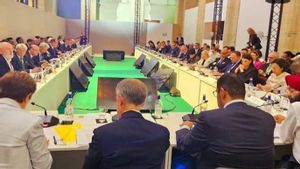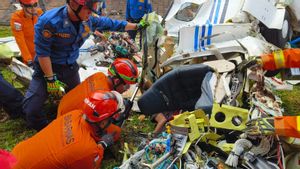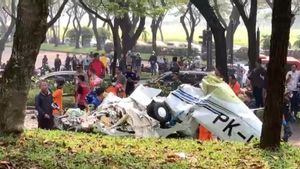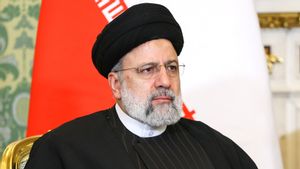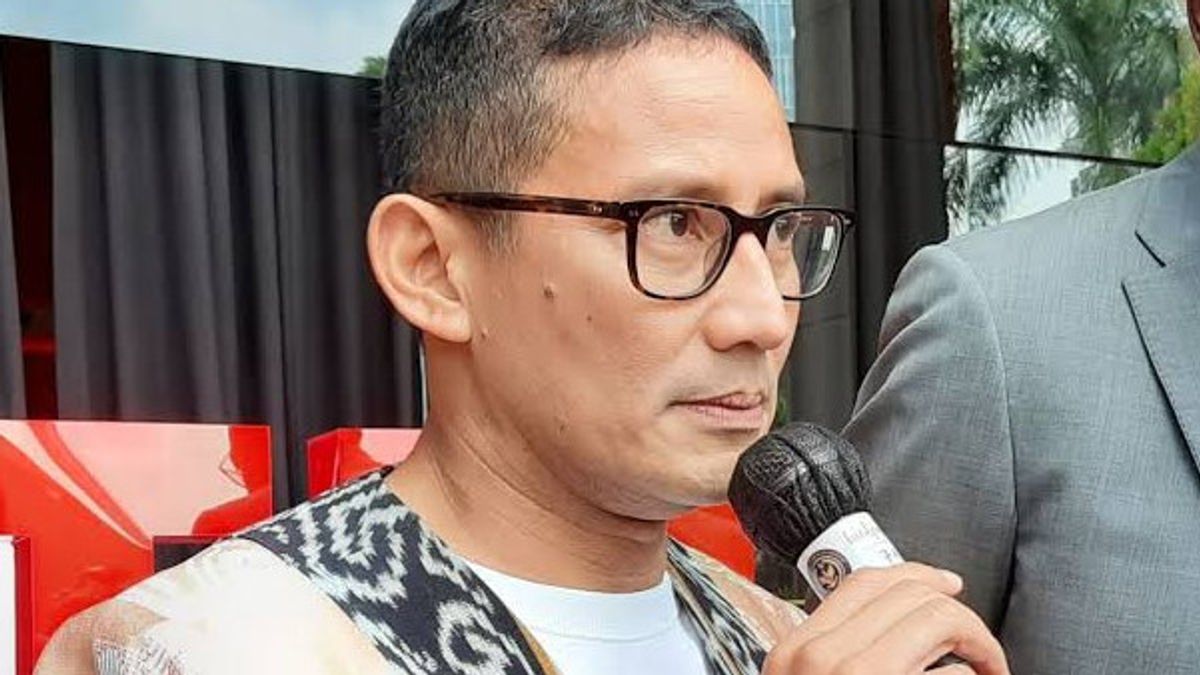
JAKARTA - The construction support of the Raffi Ahmad Beach Club in the Ecological Karst area of Krakal Beach, Gunung Kidul by the Minister of Tourism and Creative Economy (Menparekraf) Sandiaga Salahuddin Uno gave rise to a new polemic. This is because the support is without any sociological studies and without seeing the existence of Law Number 32 of 2009.
This was conveyed by a Public Policy Observer, Yanuar Wijanarko. "Too naive and don't ride viral for a minister to support an investment project resulting from a discussion, without being carried out first without any strategic environmental studies (KLHS) and without seeing any Law Number 32 of 2009 concerning environmental protection and management," said Yanuar in Jakarta, Sunday, January 7.
He also questioned Sandiaga's attitude which should have invited WALHI and the Ministry of Environment and Forestry to discuss together the findings of potential environmental damage that would emerge if the construction of the Raffi Ahmad Beach Club was continued.
"Do not take shelter with the potential for investment and the name Raffi Ahmad, or even compare other beach clubs that have been established and immediately provide support. Pak Sandiaga should also evaluate other beach clubs, and invite the Minister of Environment and Forestry to discuss their findings," he said.
In addition to ignoring the existence of Law Number 32 of 2009, Sandiaga is also considered to have forgotten the mandate of the 1945 Constitution of the Republic of Indonesia stating that a good and healthy environment is a human right and constitutional right for every Indonesian citizen.
Therefore, the state, government, and all stakeholders are obliged to protect and manage the environment in the implementation of sustainable development so that the Indonesian environment can remain a source and life support for the Indonesian people and other living things.
So, Yanuar continued, the environment in the Ecological area of Gunung Kidul Karst must be properly protected and managed based on the principles of state responsibility, the principle of sustainability, and the principle of justice.
"Indonesia is also in a position that is very vulnerable to the impact of climate change. The impact of neglecting the potential for environmental damage on the grounds of investment in the Karst area is the decline in food production, disruption of water availability, spread of pests and plant disease and human disease, rising sea level, sinking of small islands, and extinction of biodiversity. This condition can result in reduced carrying capacity, capacity, and environmental productivity which ultimately becomes a social burden," he explained.
In addition, the Government should not only think about investment without thinking about a number of environmental principles that must be fulfilled in taking a development policy. He also assessed that Sandiaga had forgotten a number of principles that must be considered because they were in the law.
관련 항목:
"That is, such as the principle of sustainability and sustainability is that everyone bears the obligations and responsibilities of future generations and towards each other in one generation by making efforts to preserve the carrying capacity of the ecosystem and improve the quality of the environment," he said.
Then there is the principle of harmony and balance, the principle of integration, the principle of benefit, the principle of prudence, the principle of justice.
"Then the principle of tailing, namely protection and environmental management, must pay attention to the characteristics of natural resources, ecosystems, geographical conditions, local community culture, and local wisdom. And the principle of biodiversity, namely protection and environmental management, must pay attention to integrated efforts to maintain the existence, diversity, and sustainability of biological natural resources consisting of plant natural resources and animal natural resources which together with the surrounding non-hayati elements form an ecosystem as a whole," he said.
The English, Chinese, Japanese, Arabic, and French versions are automatically generated by the AI. So there may still be inaccuracies in translating, please always see Indonesian as our main language. (system supported by DigitalSiber.id)



